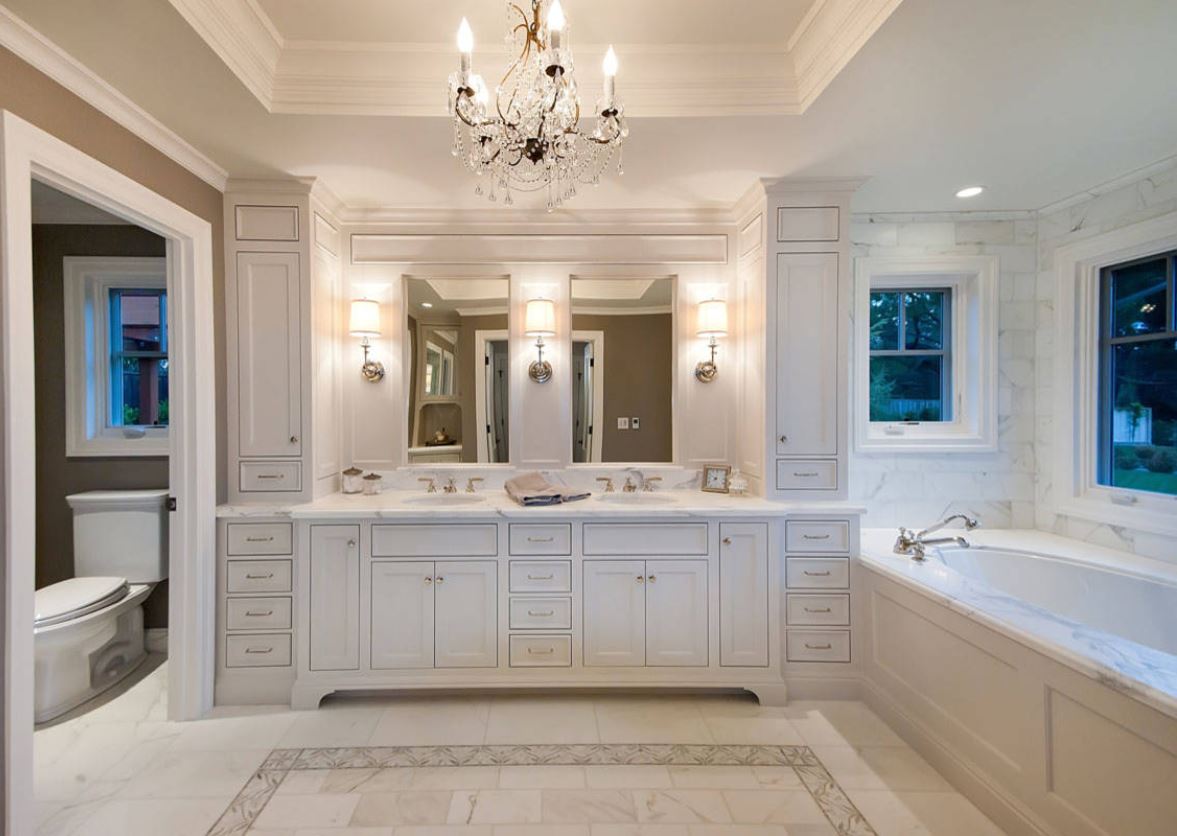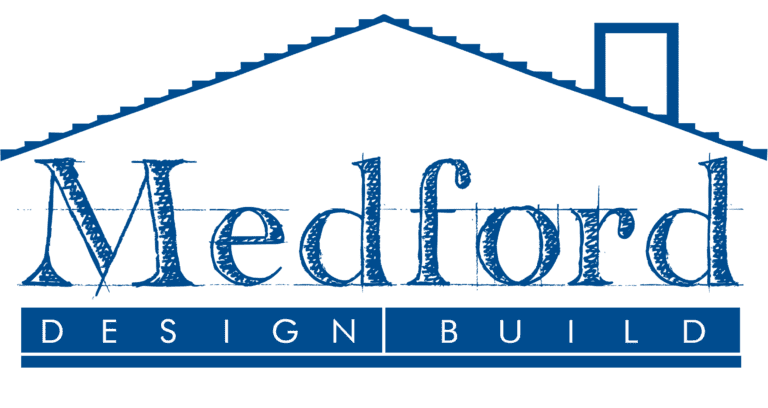
Photo Source
Once we begin the construction of a home remodeling project with our clients, the question is often brought up if we can include another “small project” on the side while the main remodel is being completed. There is nothing wrong with doing this, so long as the additional project is discussed ahead of time and included in the Scope of Work. Unfortunately, that is not typically the case. More often than not, these requests are made directly to our Project Managers on the jobsite — a point when the down payment has already been paid, the Scope of Work has been established, the proposal has been signed, and the primary construction is already underway. It may not seem like a big deal; the workers are already there, right? The reality is that add-on items can greatly disrupt the initial plan of the project as a whole. Clients fail to realize the impact that the add-on brings to the entire home renovation timeline, as well as to their carefully budgeted finances.
Our team has deemed the significant addition of extra work, outside the initial scope, as “project bloat.” Here are a few reasons why we advise our clients to avoid project bloat and stay focused on their primary project:
Changes in Timeline
A critical aspect of running a successful remodeling company is ensuring each project stays on it’s designated timeline. Our Design-Build process involves several preliminary steps that have been strategically put in place to prevent delays and provide a seamless experience for our team and our clients. Each project includes a tailored timeline that is provided within the Scope of Work document. The section states exactly how the project will progress over a fixed number of days to result in successful and timely completion.
When you add-on to a project after the timeline has been established, you disrupt the forecasted flow of work and the contractor has to make adjustments to the entire schedule in order to incorporate the additions. Depending on the work and the trades that will be needed, the new timeline may extend out past the original completion date, requiring more days to complete the same project and costing more in hours billed.
Prolonging your project timeline a few weeks may not sound like a significant matter, but doing so can put a lot of stress on the other projects your contractor is committed to. Changing one completion date can cause another’s start date to be pushed back, effecting the following after that, and so on. This not only causes stress on the contractor but also on other clients and the trade professionals that have already made provisions for the original schedule. The disruption of a single timeline acts like a row of dominoes, risking the collapse of an entire Production Schedule for weeks or even months!
Additional Costs
Remodeling your home is typically a big investment. Our custom design packages allow us to provide you with plans and renderings, a detailed Scope of Work document, and a Budget Items worksheet to provide you with a total cost prior to beginning. Once that proposal is signed, the price is set, and we proceed to collect the down payment and take the next steps to start and complete the construction. If a major project has a smaller project included, it is priced based on the economy of scale. This means that you’ll save on the smaller project cost due to the level of production from both projects as a whole. Unfortunately, if you add on a smaller project to be priced on its own, outside the initial Scope of Work, you cannot take advantage of these savings.
Add-on projects, no matter what the specifications may be, require your contractor to buy extra materials and spend extra time to finish the project, which means that you will be responsible to finance the materials and the extended services, as well as the inconveniences created.
Considering the drawbacks of add-ons, we always suggest to our clients to either include all of their projects in the initial Scope of Work or remain focused on the project at hand and complete the others at a later time; rather than adding-on during the duration of the main project. Staying focused and true to the original contract is the best way to avoid “project bloat” and prevent a waste of time and money.
If you are interested in remodeling your home or have specific questions about the process, our team would be happy to help. Please contact us today for more information!
Warm Regards,
The Medford Design-Build Team








